Thriving Earth Exchange is pleased to announce our April 2022 regional cohort of Community Science Fellows!
They’ll be working with communities from across the state of Wisconsin to launch impactful community science projects. We are thrilled to be working with University of Wisconsin’s UniverCity Alliance and EPIC-Network to launch a cohort of community science projects in Wisconsin. UW, EPIC-N and AGU share interests, value the principles of community science, and prioritize furthering the practice of sustainability. The partnership will connect Wisconsin communities with scientists and technical experts and support them as they work together to tackle local challenges related to natural hazards, natural resources and climate change. Stay tuned for more information about the impactful projects to come from this launch and the communities who lead and inspire them!
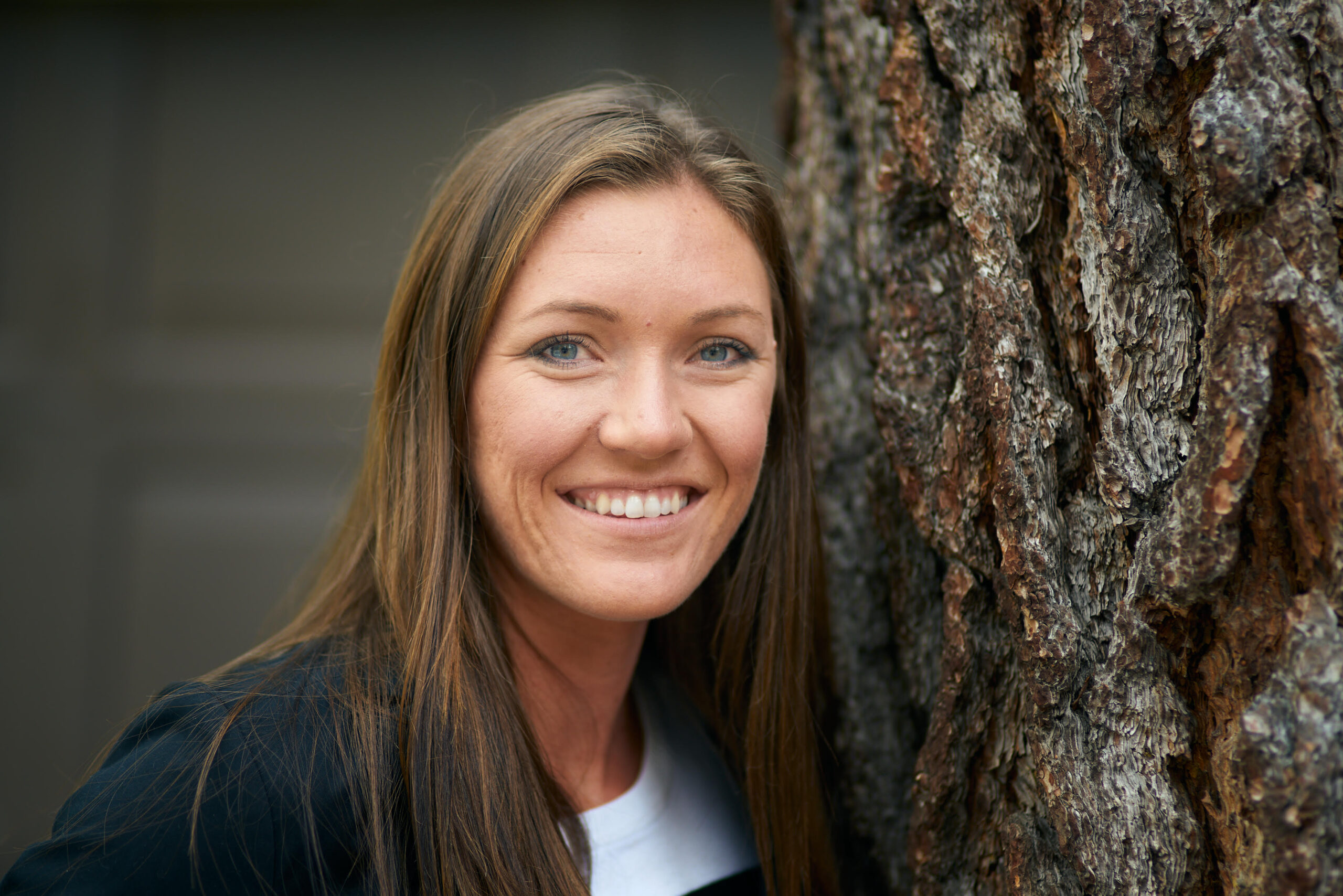
Alisha Saley (she/her/hers) is a marine ecology PhD candidate at the University of California-Davis (Bodega Marine Laboratory) investigating how human-derived shifts to the carbonate system impact the way shell-building organisms from coastal habitats grow and allocate energy. Raised in Wisconsin, she received her undergraduate education from the University of Wisconsin-La Crosse. She is broadly interested in how co-learning and capacity building strategies can strengthen the impact of research efforts across multiple human dimensions. In concert, she is motivated to move her science beyond the walls of academia and increase accessibility for those who may benefit from using the scientific process to answer community-led questions. When she is not working, you will most likely find her outside in the sunshine—tending her garden, scuba diving, or on a hiking trail—or planning her next trip.
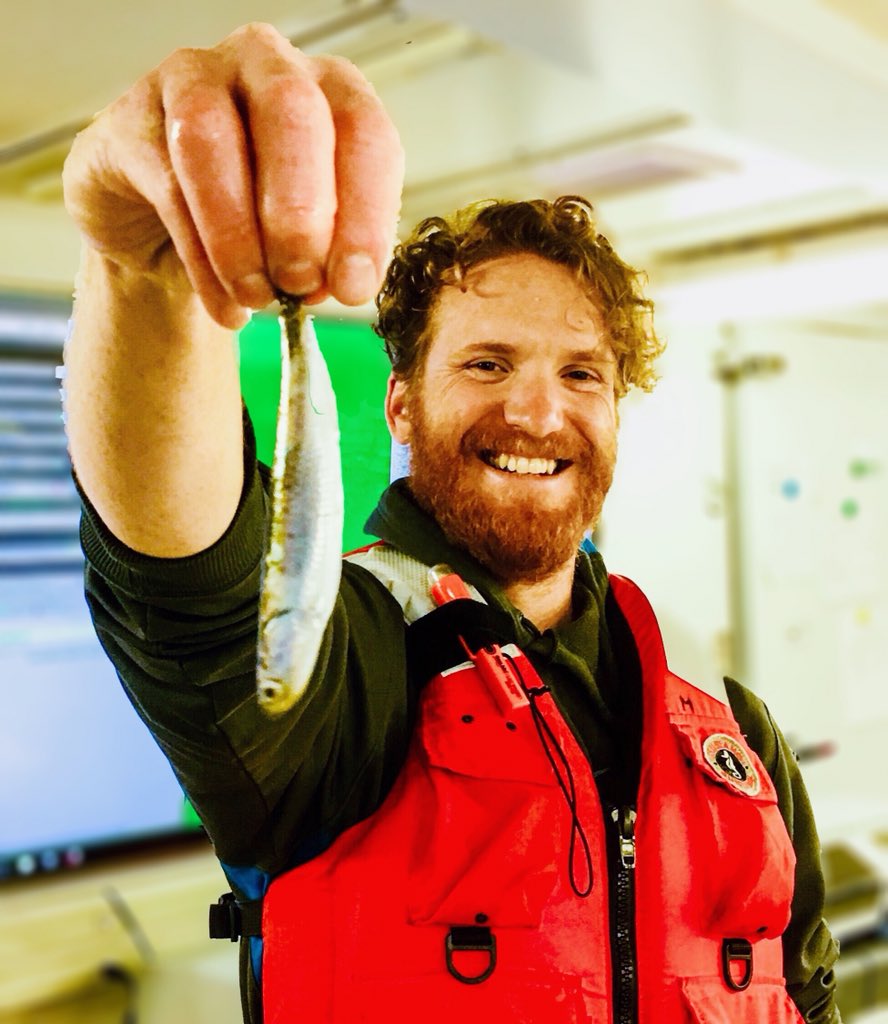
Brendan Turley is an assistant scientist at the Cooperative Institute of Marine and Atmospheric Studies at the University of Miami’s Rosenstiel School of Marine and Atmospheric Sciences. His work is primarily engaged with understanding water quality issues and how they relate to harmful algal blooms its effect on important fish populations. One of the projects he is working on is a collaborative water quality monitoring project with commercial fishers in Southwest Florida. Due to the pandemic, he has been working remotely in Wisconsin. “Community Science has been an important part of my career and I am excited that this program will allow me to connect to important science being conducted locally.”
[Photo coming soon]
Caitlin Embly is a graduate student at Virginia Tech studying natural resources with a focus on global sustainability, and is the Volunteer Engagement Fellow for The Nature Conservancy in Wisconsin. Previous to this, she served in the Peace Corps in Zambia and graduated from the University of Virginia in 2018 with a bachelor’s in chemistry and a minor in bioethics.
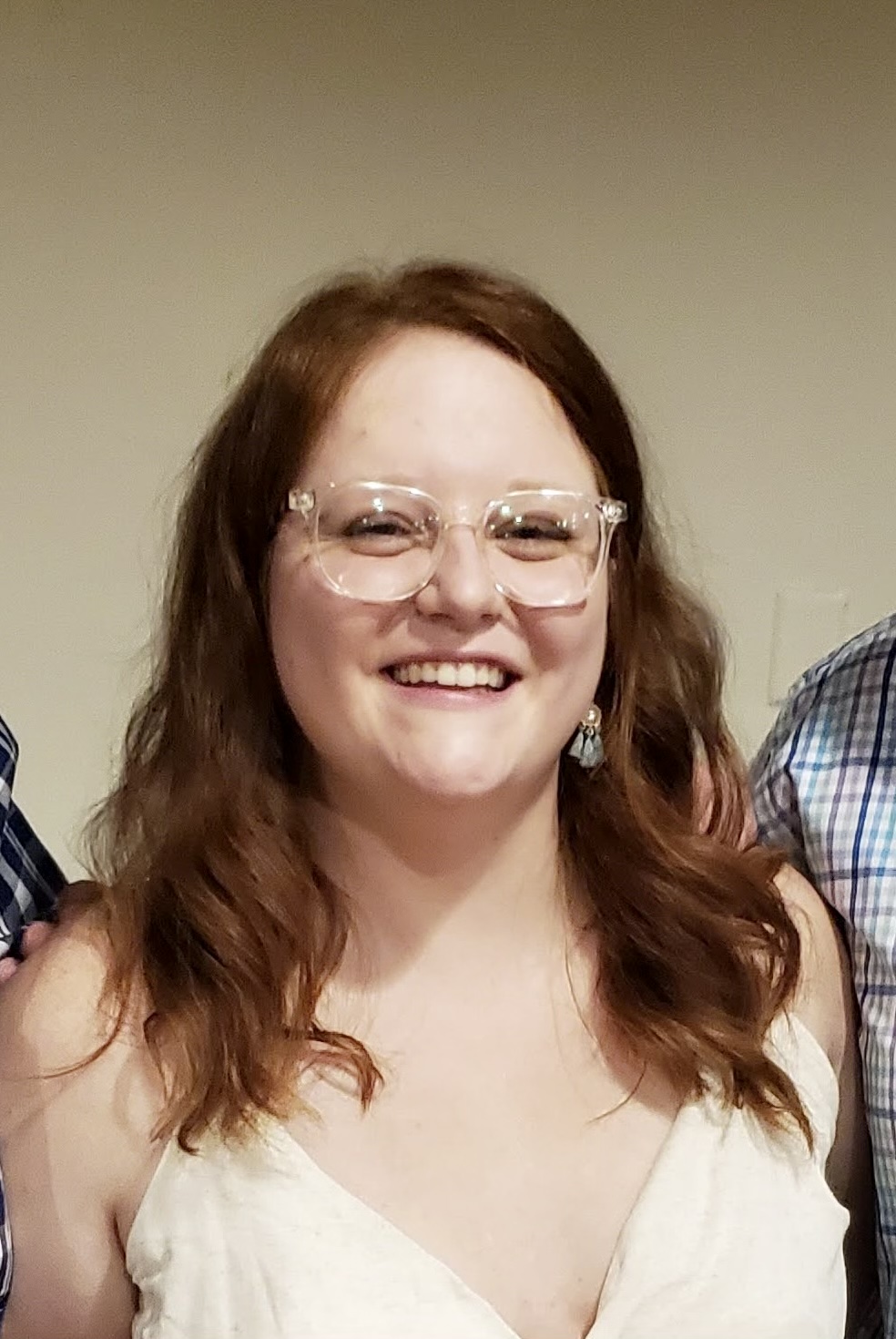
Carsyn Ames (she/her) is the curator for the Wisconsin Geological and Natural History Survey’s (WGNHS) geological collections. She got her start in Geology by earning a B.S. at the University of South Carolina before moving on to the University of Iowa where she earned a M.S. Throughout her academic career, Carsyn has studied and dated detrital minerals to answer questions about the geologic past they record. Carsyn is excited to directly help a community in her home state through TEX. In her free time, she enjoys hiking and camping around Wisconsin with her partner and dog, as well as bowling and reading.
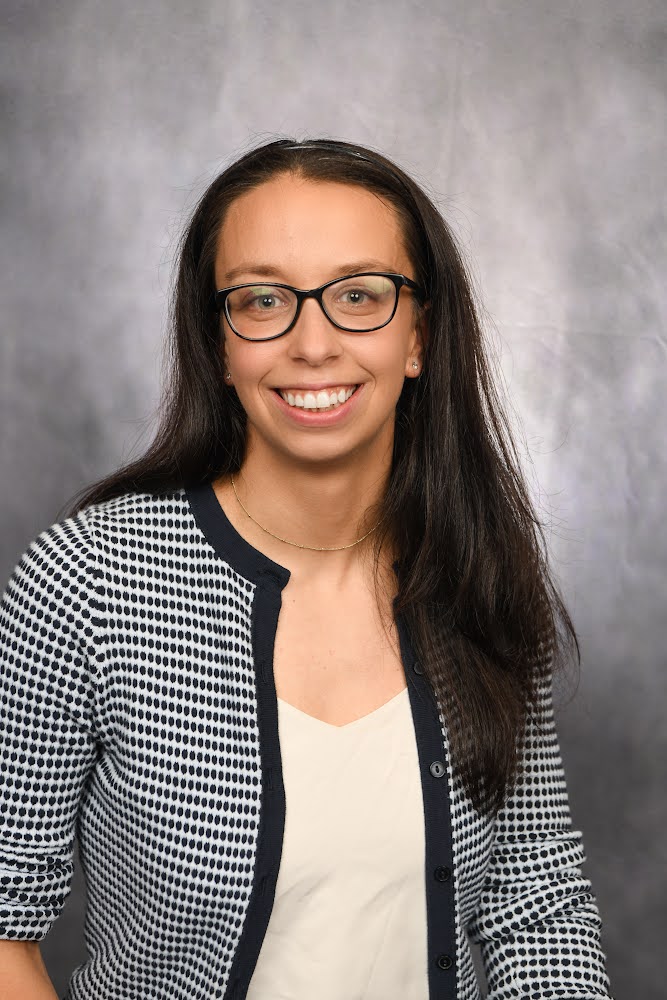
Erin Cunningham (she/her) is a seismologist studying earth structure and earthquake hazard. Erin received a B.S. in Geology from Tulane University in New Orleans, where she first became interested in the effect of natural hazards on local communities. She went on to obtain a PhD in Geology from the University of Maryland and a postdoctoral fellowship at the Center for Earthquake research and Information at the University of Memphis. She is currently a postdoctoral research assistant at the University of Wisconsin Madison, with broad research experience including using fiber optic sensing to detect and evaluate sources of ground motions and investigating induced seismicity from geothermal power plants. Erin is passionate about engaging diverse communities in earth sciences and bridging connections between scientific research and community needs. Outside of work, Erin enjoys trying new recipes, coaching swimming, biking around town, and hiking (when its warm enough!)
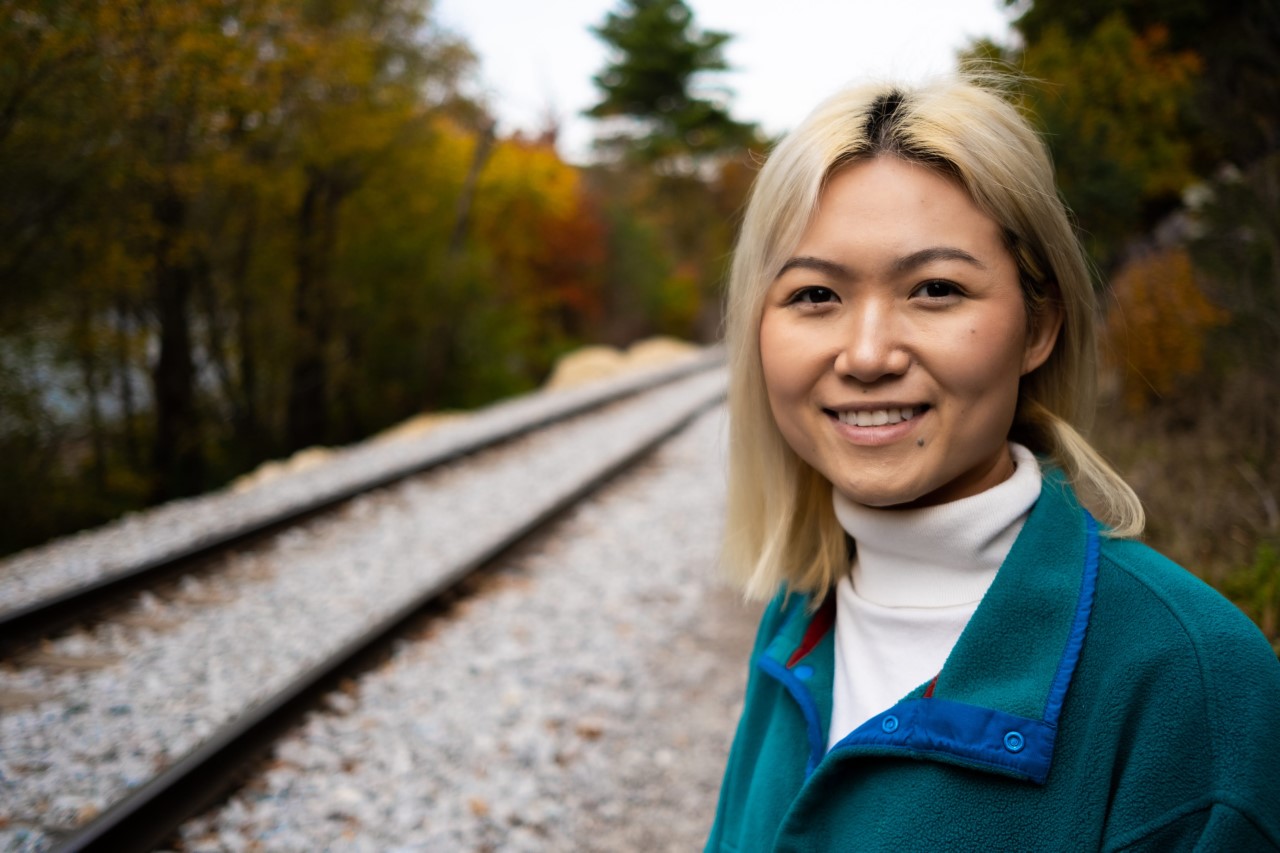
Duyen Lam earned her B.S. in Environmental Engineering from Louisiana State University and is currently a PhD student in Water Resource Engineering at Marquette University. Her research focuses on assessing the impact of anthropogenic base cations on green stormwater infrastructure and local water ways. She is excited to be part of the Thriving Earth Exchange program and get the opportunity to learn and grow with her community partners and cohort. Outside of academia, Duyen loves to cook from her Cook’s Illustrated magazines!
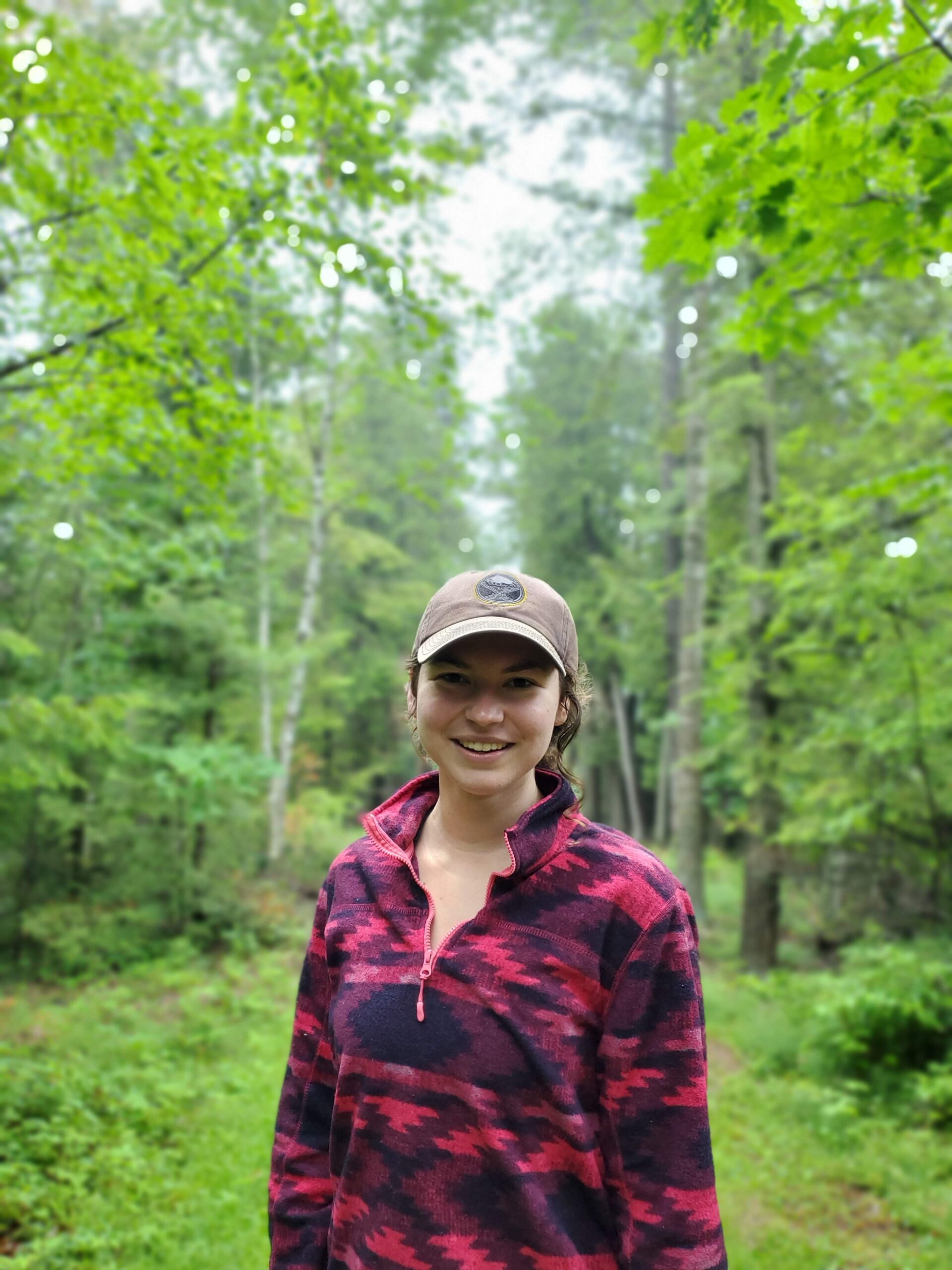
Isabelle Horvath (she/her) is a water resources engineer with a research interest in stormwater and passion for community engagement and education. Isabelle earned her B.S. in Environmental Resource Engineering from SUNY College of Environmental Science and Forestry (SUNY ESF), and M.S. in Water Resources Engineering from Marquette University. Isabelle stayed at Marquette for her PhD, where she is studying causes of variable nutrient removal performance in green stormwater infrastructure. Isabelle unearthed her passion for community science by volunteering as an environmental educator for Milwaukee’s Urban Ecology Center. Isabelle explored this passion as a 2021 Cooperative Institute of Great Lakes Research (CIGLR) Fellow, where she worked with Friends of the Rouge to help show how water quality differed in rich and poor neighborhoods near Detroit. Isabelle is excited to continue learning from, and with, community scientists as Thriving Earth Exchange Fellow. Outside of work, Isabelle is an avid reader, hiker, and baker.
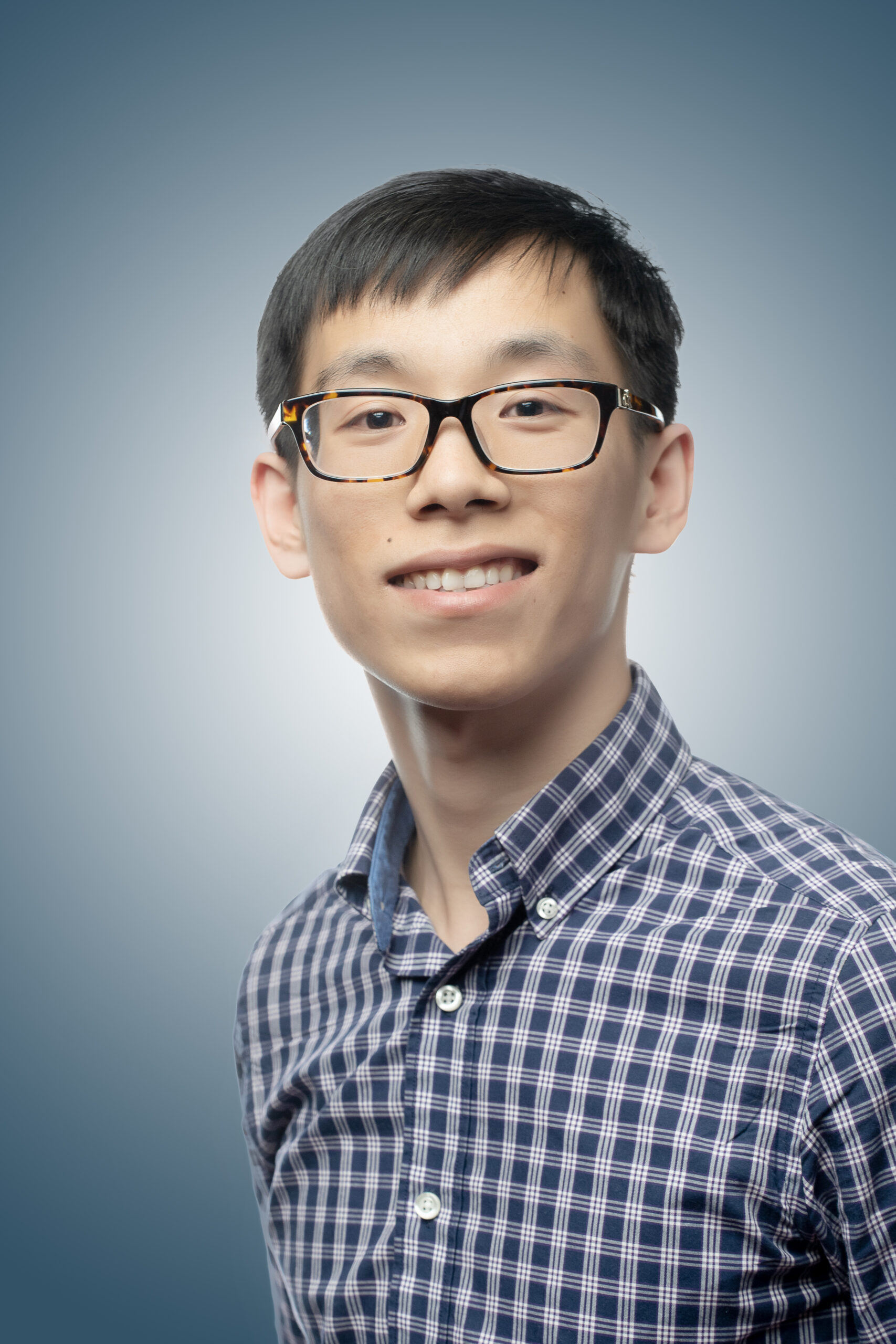
Kun Zhang is a water resources researcher specialized in urban stormwater management and hydrologic modeling with a specific focus on the interface between urban water infrastructure and urban hydrology. Currently, he is a postdoc research fellow in the Department of Civil, Construction and Environmental Engineering at Marquette University. He earned his PhD in Civil Engineering from The University of Hong Kong. Specifically, he studies how does urban sewers interact with hydrologic processes through infrastructure flows (e.g., inflow and infiltration), and how does it affect urban hydrologic budget. He also studies the optimization of hydrologic and water quality sampling using signal processing and data-driven methods. He is passionate about connecting academia with engineers and practitioners and is looking forward to serving as a Thriving Earth Exchange Community Science Fellow to realize some on-the-ground projects.
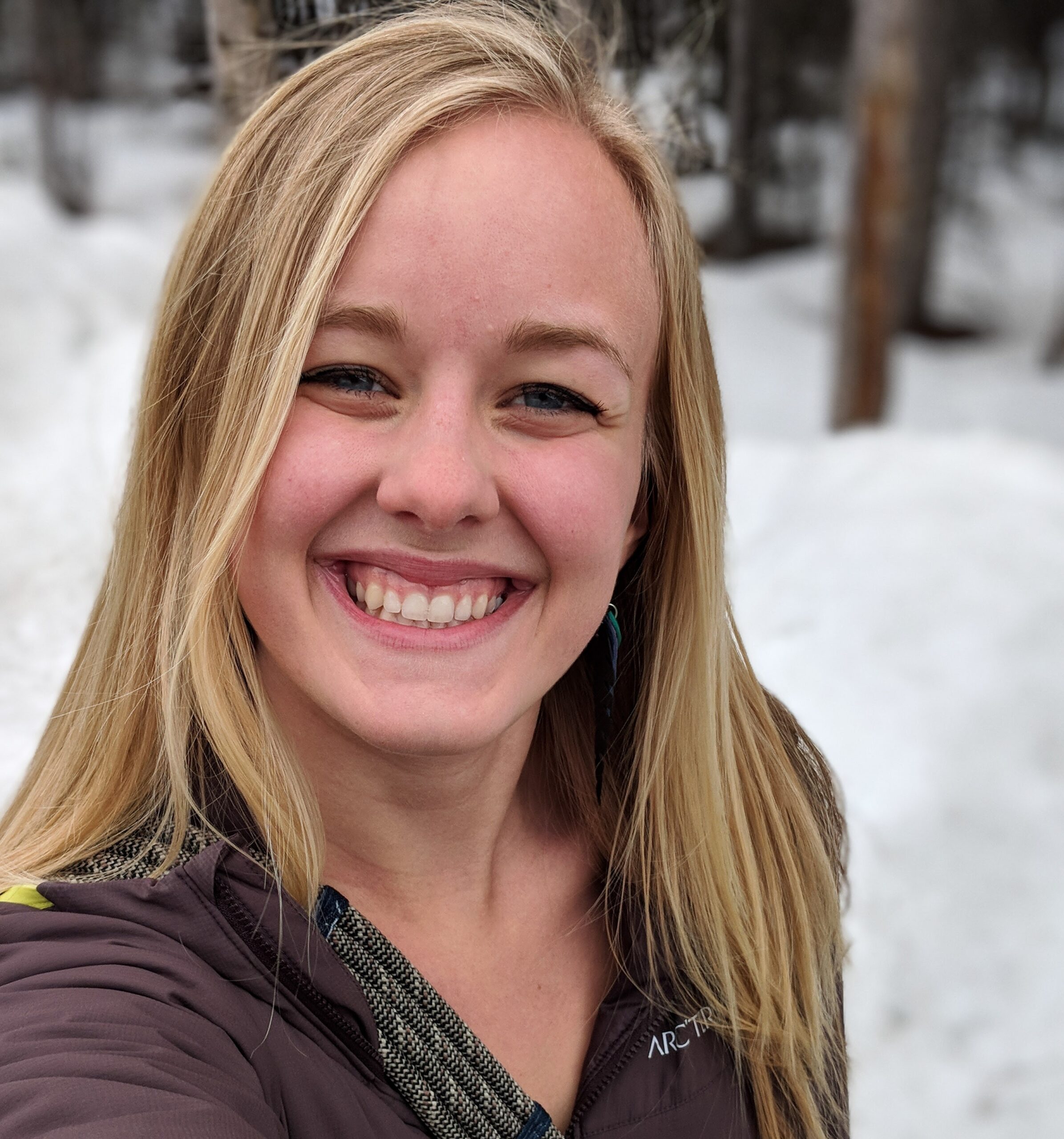
Lindsey Taylor (she/her) received her Bachelor of Arts degree in Biology from Gustavus Adolphus College in Minnesota, after which she worked and traveled seasonally for four years. She spent four summers working in science communication and field education roles in Denali National Park, Alaska and winters in various places including Colorado and New Zealand. Lindsey recently completed a professional Master of Science degree in Environmental Conservation from the Nelson Institute for Environmental Studies at the University of Wisconsin-Madison. As part of her capstone, she co-facilitated a conservation planning process in the Driftless Area with partners from various conservation organizations in the region. She is now a Conservation Programs Coordinator at the Natural Resources Foundation of Wisconsin, where she supports the Foundation’s conservation programs, including administering grant programs, and coordinating initiatives and partnerships that benefit Wisconsin’s lands, waters, and wildlife. In her free time, she enjoys birding, camping, and paddling.
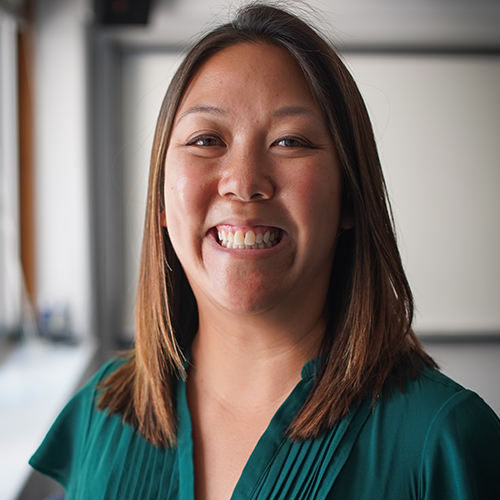
Natalie Chin (she/her) is Wisconsin Sea Grant’s Climate and Tourism Outreach Specialist, based at the Lake Superior Field Office in Superior, WI. She is focused on linking actionable science with key audiences across the Great Lakes, especially related to climate change and tourism. Her current work includes co-leading the Tourism and Outdoor Recreation Working Group for the Wisconsin Initiative on Climate Change Impacts; efforts to improve flood resilience across Wisconsin; and projects focused on increasing the accessibility of coastal spaces. She also serves as one of the North Central Region representatives for the National Extension Tourism (NET) Network and a member of the Wisconsin Council on Tourism.
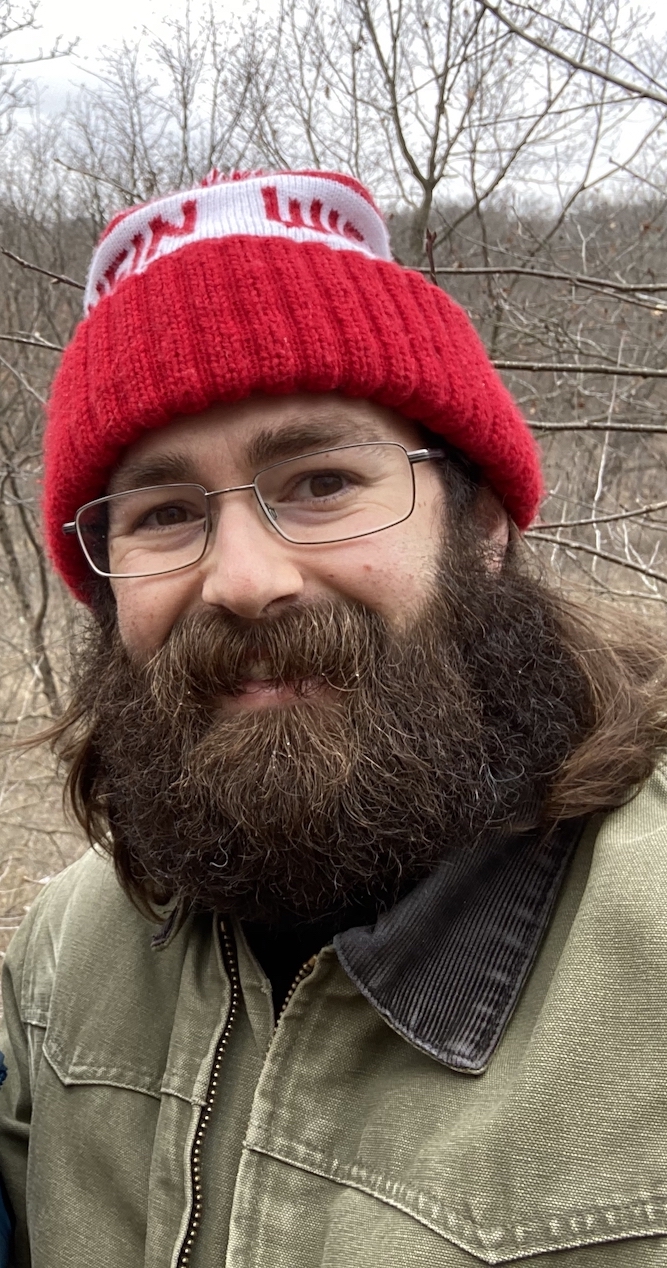
Sean Scott is a scientist working in the Environmental Health Division of the Wisconsin State Laboratory of Hygiene. His educational background is in geological sciences, primarily focused on isotope geochemistry of many geological systems spanning a range of temperatures. He joined the State Lab in 2018 hoping to apply the methods and analytical techniques he learned as a geologist to problems more closely related to human health. His current research includes identifying sources of lead exposure in humans and animals, chemistry of groundwater systems used for drinking water, dynamics of atmospheric chemistry, chemistry of next generation nuclear power plant materials, the effects of technological advancement on archaeological populations, and other projects involving the fate and transport of heavy metals in the environment. The concept of community science appeals to Sean because it is a new way to get science, especially in the public health field, to better serve the people it is ultimately aiming to help and protect. In his free time, Sean enjoys music, hiking, biking, cooking, and otherwise hanging out with his family.
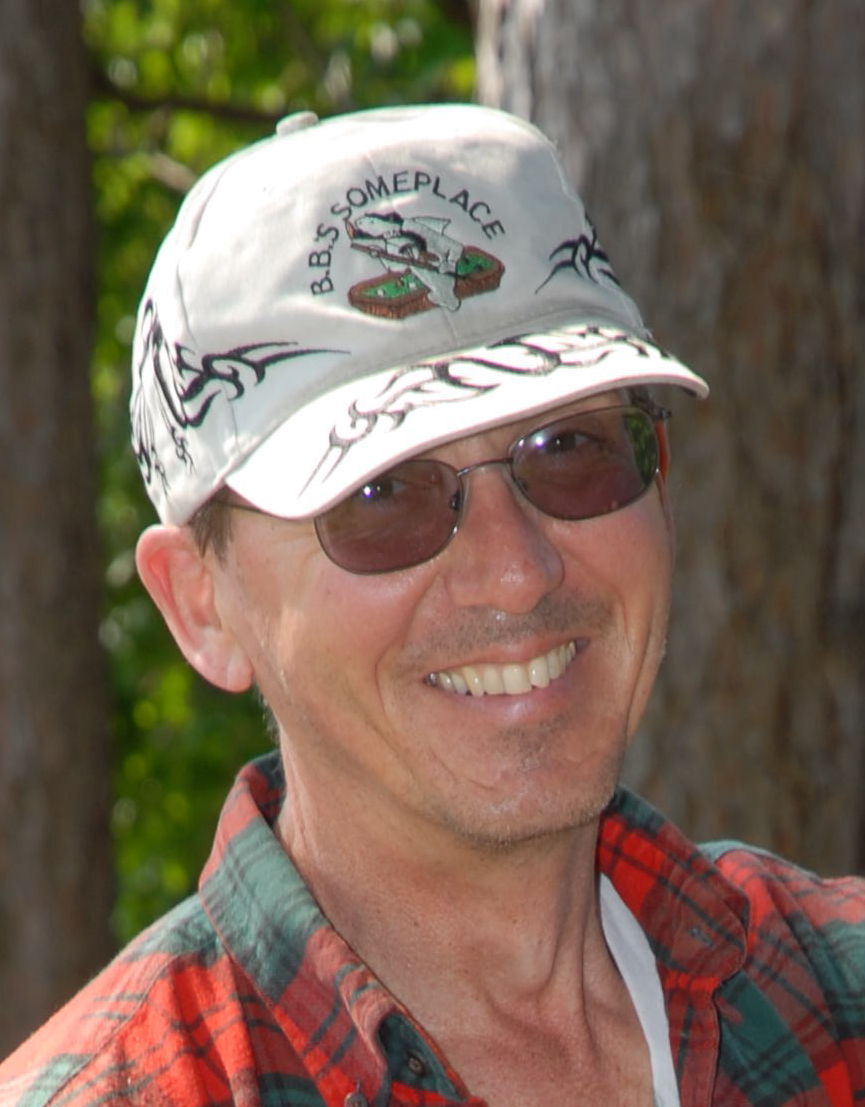
Steve Ventura retired from the University of Wisconsin-Madison as a professor of environmental studies and soil science. Throughout four decades of research, outreach, and service, he worked with public agencies at all levels of government; non-governmental organizations including environmental groups, land trusts, professional associations, and service organizations; tribal governments and colleges; farmers, urban growers, and food industry workers; foreign agencies and institutions. Expertise in remote sensing and GIS led him into many application domains, including natural resource management, environmental protection, land tenure, community and regional food systems, water quality and quantity, and biofuel production systems. Recent research and outreach focused on soil heavy metal contamination and urban agriculture.
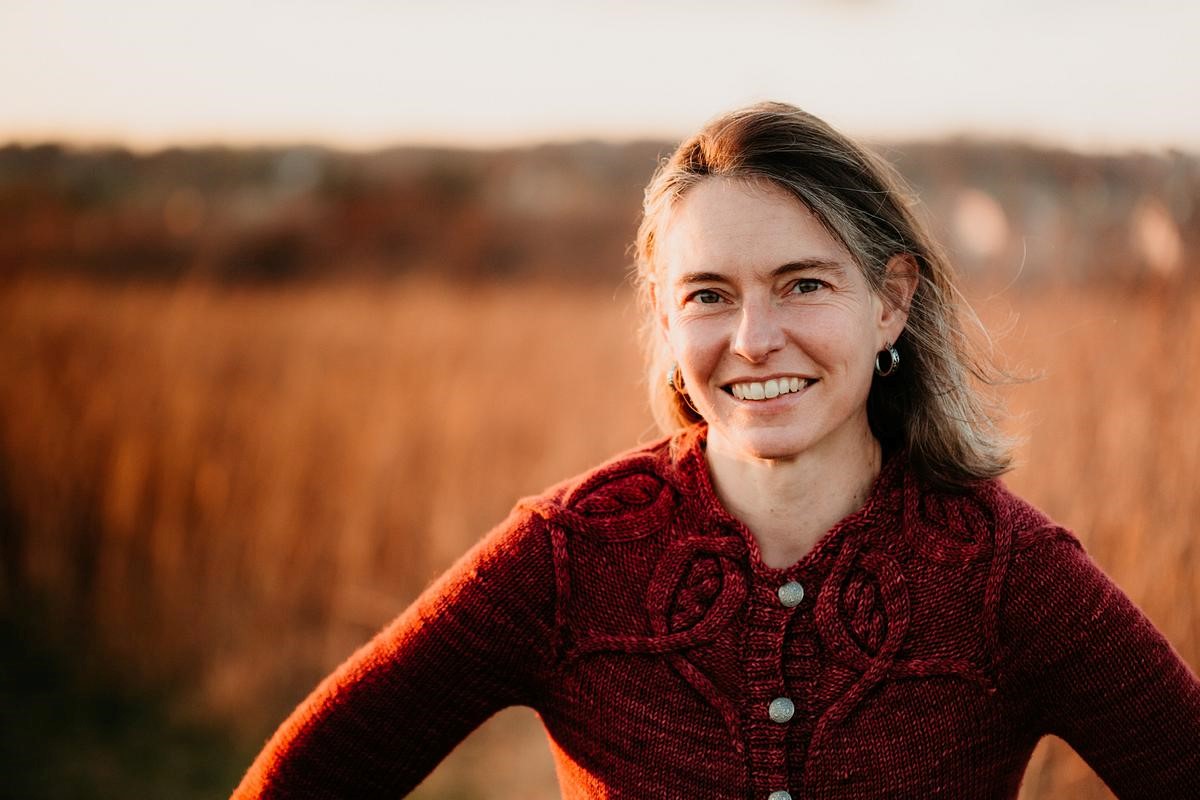
Susan Gaeddert is a Special Projects Manager at 1000 Friends of Wisconsin, a nonprofit organization specializing in land use planning. She manages Active Wisconsin, a statewide grassroots coalition of communities who are implementing active transportation in their cities and towns. Susan graduated from UW-Madison with a Masters of Science in Urban/Regional Planning in 2020, where she specialized in transportation, land use, and recreational trail planning. Susan has experience working in the affordable housing sector, comprehensive plan development, and community engagement. Susan came to urban planning after a long career in music performance (she studied Piano Performance, Pedagogy, and Collaborative Piano at UW-Madison, where she earned a doctorate in 2007). In her previous career, she toured the state with Opera For The Young, taught classes at Edgewood College, performed with a number of musicians locally and around the country, and worked with students of all ages teaching piano and coaching singers and instrumentalists as a professional accompanist. If Susan isn’t at work or at the piano, she can be found outside in the garden or exploring local trails. She is a long-time advocate for outdoor education and advanced learning opportunities in schools. Susan is also an avid knitter, and she keeps her hands busy making socks, hats, mittens, and sweaters to keep herself and her loved ones warm all year long.
